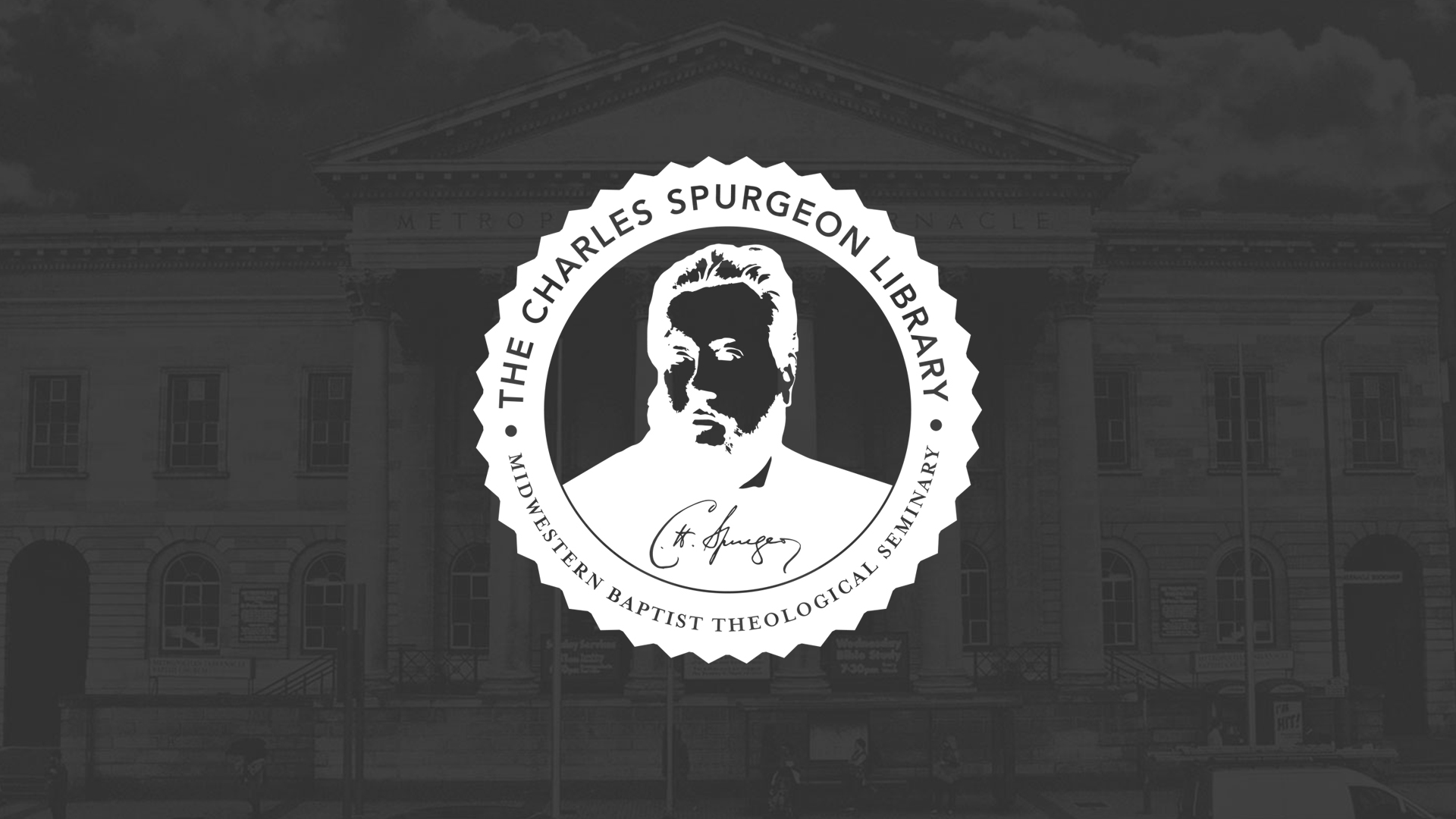What? You don't like God looking down the corridors of time defense.

Okay let's try a different one.
As for Rom. 9:11, This portion of the Bible is part of Paul’s explanation of the Gospel. As we know Calvinists take Romans chapter 9 through 11 and imagine that these three chapters prove their views on the doctrine of election. The way they explain certain passages in these chapters leave many non-Calvinists scratching their heads.
The Book of Romans is most definitely a book that you cannot take one verse out of it and try to build a Doctrine around it. The reason being is that is one of the most organized books in the Bible.
In the first eight chapters Paul explains that most of his fellow-Jews rejected the Gospel. In many ways, the Jews were and are God’s chosen people, but most of them have not accepted the Messiah. Many in Paul’s day had made themselves “enemies” of the Gospel.
28 From the point of view of the Gospel (good news), they [the Jews, at present] are enemies [of God], which is for your advantage and benefit. But from the point of view of God’s choice (of election), they are still the beloved (dear to Him) for the sake of their forefathers.
Romans 11:28
That makes me wonder, “If men are saved through faith in Christ, regardless of whether they are Jew or Gentile, what happened to all the promises and commitments God made specifically to Israel?” Inquiring minds want to know!
If Christians, both Jew and Gentile, are the people of God, what happened to God’s relation to Israel? That's the question I take from Romans 9.
The good news is found in
Romans10:1–4.
BRETHREN, [with all] my heart’s desire and goodwill for [Israel], I long and pray to God that they may be saved.
2 I bear them witness that they have a [certain] zeal and enthusiasm for God, but it is not enlightened and according to [correct and vital] knowledge.
3 For being ignorant of the righteousness that God ascribes [which makes one acceptable to Him in word, thought, and deed] and seeking to establish a righteousness (a means of salvation) of their own, they did not obey or submit themselves to God’s righteousness.
4 For Christ is the end of the Law [the limit at which it ceases to be, for the Law leads up to Him Who is the fulfillment of its types, and in Him the purpose which it was designed to accomplish is fulfilled. That is, the purpose of the Law is fulfilled in Him] as the means of righteousness (right relationship to God) for everyone who trusts in and adheres to and relies on Him.
It reaffirms that all of Israel has a chance to believe and be saved. It begins with the apostle’s testimony that he prays for Israel and wants them to be to be saved. He says that their problem is that, “… being ignorant of God’s righteousness, and going about to establish their own righteousness, 'they' have not submitted themselves unto the righteousness of God… 'which is provided in Christ' to everyone that believes”.
 berean-apologetics.boards.net
berean-apologetics.boards.net
 berean-apologetics.boards.net
berean-apologetics.boards.net


